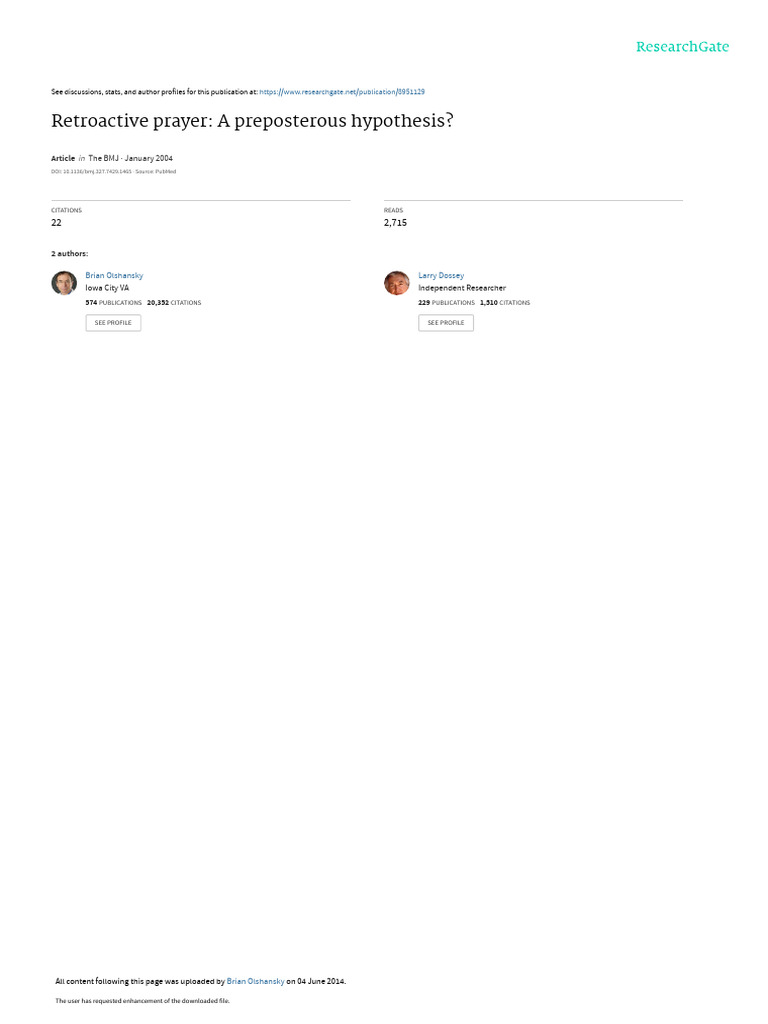The concept of prayer occupies a central position within the Bahá’í faith, encompassing both individual supplication and community intercession. Among the myriad themes explored by Bahá’í teachings, the notion of retroactive prayer presents a unique and intriguing facet that invites both contemplation and practice. This article will delve into the intricate layers of retroactive prayer as articulated within Bahá’í doctrine, providing readers with a comprehensive understanding of its significance, mechanisms, and effects.
Understanding Retroactive Prayer
At its core, retroactive prayer involves invoking divine assistance not solely for present circumstances but also for events or individuals from the past. This transformative prayer seeks to alter the spiritual footing of earlier moments, catalyzing divine mercy that transcends temporal limitations. Such a belief underscores a profound understanding of time and divinity, revealing a fluidity within the fabric of existence itself—where past, present, and future intertwine.
Within the Bahá’í framework, this concept is not only theoretical; it is reflected in the practices and interpretations of the central figures of the faith. Shoghi Effendi, the Guardian of the Bahá’í Cause, elucidates upon this doctrine, underscoring the potentialities inherent in the act of prayer, which permit believers to intercede for those long departed or for moments that have shaped the course of human history.
Spiritual Implications of Retroactive Prayer
The implications of retroactive prayer extend far beyond mere supplication. Firstly, it fosters a profound connection among the generations, connecting the individual to ancestors, historical figures, and the collective human experience. Believers are empowered to seek forgiveness not only for their transgressions but also for the transgressions of those who have come before them, creating a tapestry of intercessory grace that ligatures past and present.
This type of prayer serves as a tool for addressing accumulated spiritual debts that may have remained unresolved, thereby allowing individuals to partake in the divine mercy that aids in the spiritual ascension, not just of oneself but of the entire lineage. This principle is foundational, illustrating how the Bahá’í teachings advocate for a holistic understanding of the self and community, transcending individualism.
Types of Retroactive Prayer
While the fundamental essence of retroactive prayer remains constant, varied expressions exist that enhance its multifaceted nature. Below are typologies worth examining:
- Intercessory Prayer: Such petitions explicitly address individuals or groups from the past. This may include prayers for historical injustices, seeking forgiveness or healing for communities affected by conflict or oppression, thereby fostering collective spiritual rehabilitation.
- Memory Prayer: This form acknowledges the importance of memory, where believers invoke prayers for their ancestors. By doing so, they nurture a sense of identity and continuity, ensuring that the legacies of love and righteousness are neither forgotten nor left unblessed.
- Generational Prayer: Observing how familial ties span through the ages, this kind of prayer seeks not only benefits for the living but extends blessings backward in time. The idea is to imprint compassionate energies upon past circumstances, subsequently nurturing future generations.
Each category serves as a conduit for divine intercession and collective healing, exemplifying the vastness of the Bahá’í spiritual landscape. Believers are encouraged to discern which approach resonates most deeply with them, tailoring their practice to align with personal or communal needs.
The Mechanism of Retroactive Prayer
The efficacy of retroactive prayer stems from a profound belief in the omnipotence of divine will and the interconnectedness of all souls. This goes hand in hand with the Bahá’í understanding of the nature of prayer itself; it is not a mere ritualistic recitation but an act imbued with intention and sincerity. In this light, the transformative power of retroactive prayer becomes clear. When individuals engage deeply with the intent to heal or to bless, they open avenues for divine response that may reverberate across the continuum of time.
Moreover, the practice encourages believers to cultivate attributes of humility, compassion, and a holistic perspective—essential qualities in achieving a harmonious synergy between their personal spiritual needs and the overarching state of humanity.
Practical Applications and Benefits
Engaging with retroactive prayer can yield a myriad of benefits, both on a personal and communal level. Primarily, it cultivates a sense of peace and reconciliation within oneself, alleviating burdens linked to regrets and unresolved grievances. As practitioners engage in this spiritual exercise, they often report heightened feelings of connection—not just with the divine, but with all of humanity.
Additionally, collective efforts in retroactive prayer can act as a unifying force, fostering community cohesion. When groups come together to pray for particular past events or injustices, they participate in a process of healing that can effectuate societal transformations, drawing collective strength and inspiration from shared aspirations for justice and peace.
Lastly, retroactive prayer enriches the practice of gratitude, allowing individuals to appreciate the continuum of life and the myriad influences that have shaped their current existence. Emphasizing this divine thread strengthens the resolve to act righteously in the present.
Conclusion
The exploration of retroactive prayer within Bahá’í teachings unveils a dimension of spirituality that is as profound as it is necessary. The ability to invoke divine mercy across time not only empowers the individual but strengthens the collective spirit of humanity, enabling a bridge between the past and the present. By fostering connections with ancestors, historical figures, and the broader community, believers are reminded that every prayer, uttered with sincerity and intention, carries the potential to reshape destinies and heal wounds long entrenched in the annals of history. As adherents continue to engage with this practice, they must remain steadfast in their faith, recognizing the sanctified responsibility of wielding such a powerful tool for goodwill and transformation.
